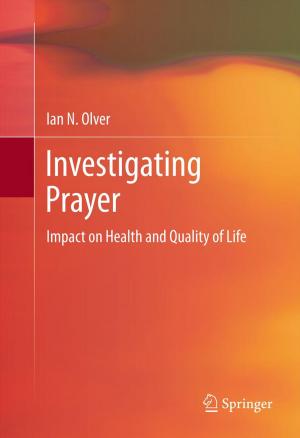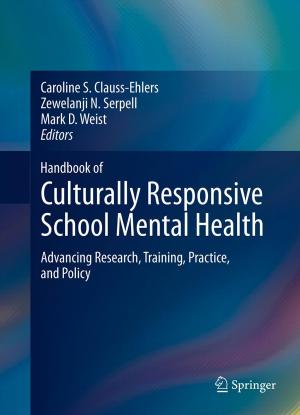Climate Change and Human Well-Being
Global Challenges and Opportunities
Nonfiction, Health & Well Being, Psychology, Social Psychology, Science & Nature, Science, Earth Sciences| Author: | ISBN: | 9781441997425 | |
| Publisher: | Springer New York | Publication: | August 4, 2011 |
| Imprint: | Springer | Language: | English |
| Author: | |
| ISBN: | 9781441997425 |
| Publisher: | Springer New York |
| Publication: | August 4, 2011 |
| Imprint: | Springer |
| Language: | English |
Climate change is increasing the severity of disasters and adverse weather conditions worldwide, with particularly devastating effects on developing countries and on individuals with lower resources. Climate change is likely to impact mental health and psychosocial well-being via multiple pathways, leading to new challenges. Direct effects such as gradual environmental changes, higher temperatures, and natural disasters, are likely to lead to more indirect consequences such as social and economic stressors, population displacement, and conflict.
Climate change, largely the product of industrialized nations, is projected to magnify existing inequalities and to impact the most vulnerable, including those with low resources, individuals living in developing countries and specific populations such as women, children and those with pre-existing disabilities. This book outlines areas of impact on human well being, consider specific populations, and shed light on mitigating the impact of climate change. Recommendations discuss ways of strengthening community resilience, building on local capacities, responding to humanitarian crises, as well as conducting research and evaluation projects in diverse settings.
Climate change is increasing the severity of disasters and adverse weather conditions worldwide, with particularly devastating effects on developing countries and on individuals with lower resources. Climate change is likely to impact mental health and psychosocial well-being via multiple pathways, leading to new challenges. Direct effects such as gradual environmental changes, higher temperatures, and natural disasters, are likely to lead to more indirect consequences such as social and economic stressors, population displacement, and conflict.
Climate change, largely the product of industrialized nations, is projected to magnify existing inequalities and to impact the most vulnerable, including those with low resources, individuals living in developing countries and specific populations such as women, children and those with pre-existing disabilities. This book outlines areas of impact on human well being, consider specific populations, and shed light on mitigating the impact of climate change. Recommendations discuss ways of strengthening community resilience, building on local capacities, responding to humanitarian crises, as well as conducting research and evaluation projects in diverse settings.















